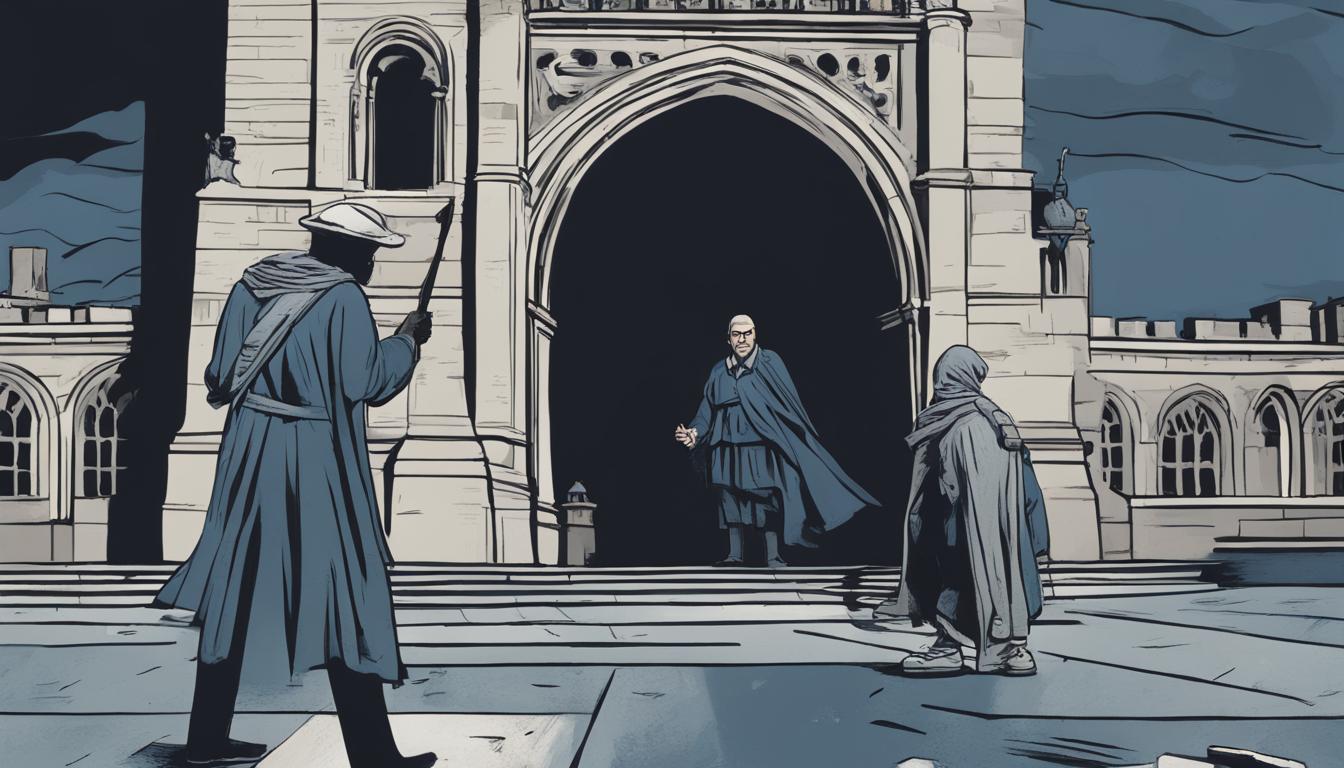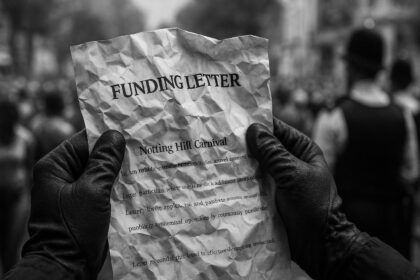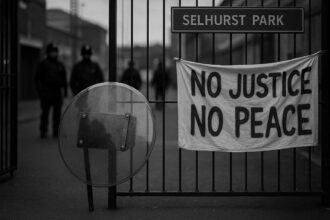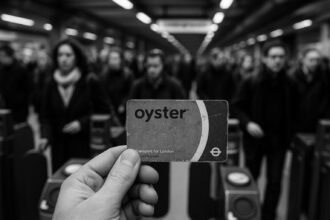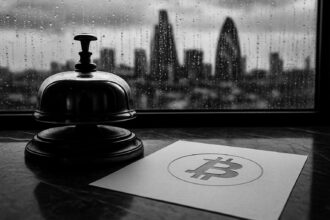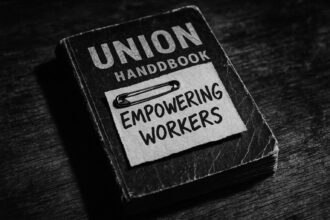Marc Conway, a former IPP prisoner, despite his brave actions during the London Bridge terror incident, is haunted by the possibility of returning to jail due to the stringent conditions of his indefinite licence.
Former IPP (Imprisonment for Public Protection) prisoner Marc Conway has raised concerns about potentially being sent back to prison despite his heroic actions during the London Bridge terror attack. The attack, which took place outside Fishmongers’ Hall, saw Conway risk his life to defend others. However, due to the conditions of his indefinite licence—a remnant of the now-abolished IPP sentencing system—Conway faces ongoing uncertainties about his freedom.
IPP sentences, discontinued in 2012, originally aimed to detain individuals deemed a continuous risk indefinitely. Though no longer issued, these sentences still affect many, as former IPP prisoners like Conway must adhere to license conditions potentially for life, with the threat of recall for even minor infractions.
Adding to Conway’s concerns is the proposed Victims and Prisoners Bill, which could automatically terminate licences for IPP prisoners who have been out of prison for over five years. Incidences like those of Andrew Morris, another former IPP prisoner dealing with similar issues, highlight the ongoing flaws and the harsh realities of the system.
The severity of the IPP regime’s impact is further illustrated by the tragic case of Matthew Price, an IPP prisoner who died by suicide. These cases underline the pressing need for reform in the criminal justice system concerning IPP sentences and the support provided to former prisoners navigating life post-incarceration.


